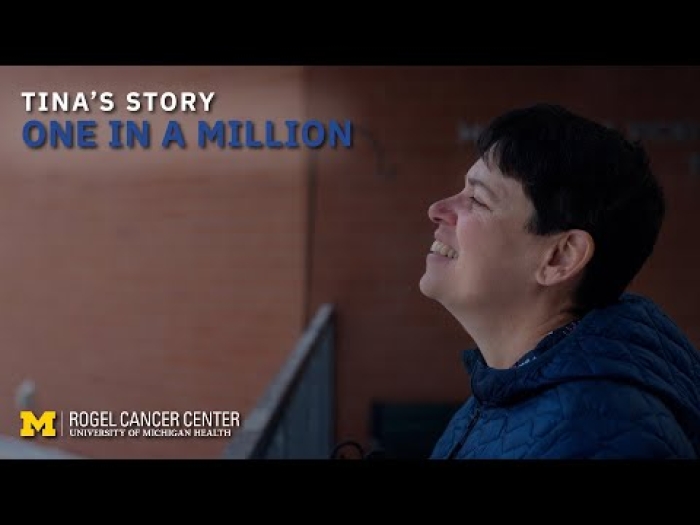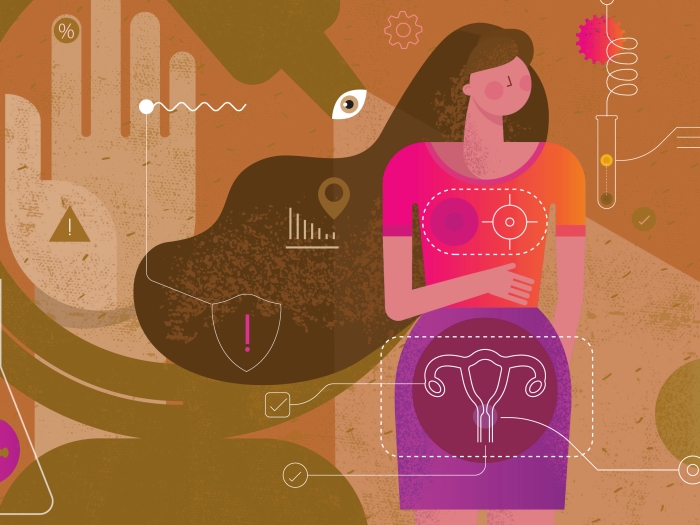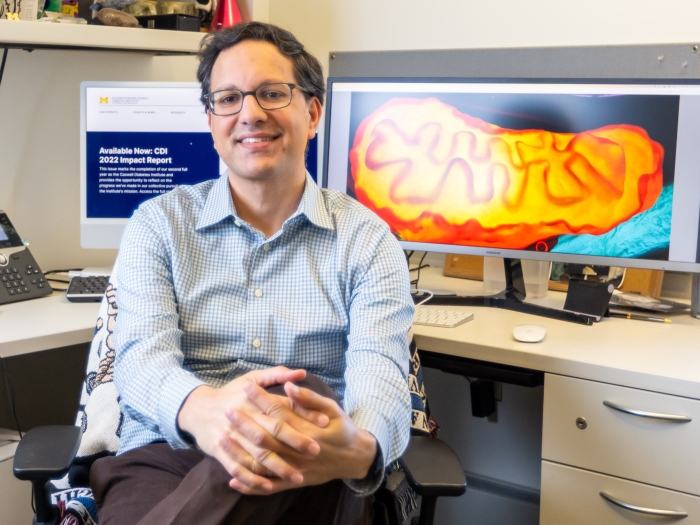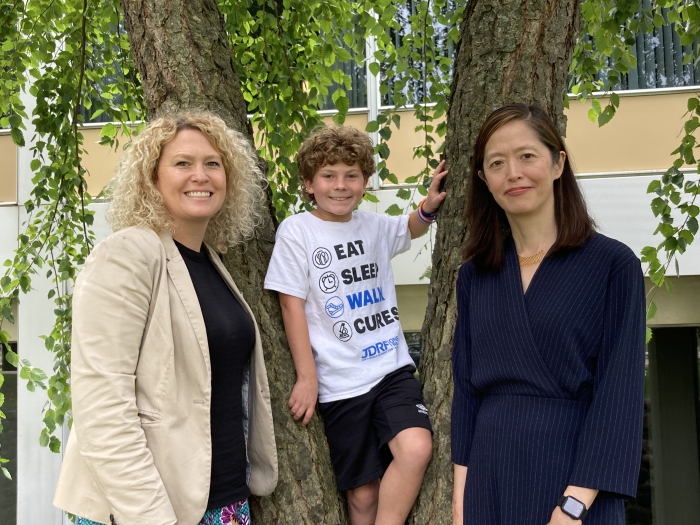A service at U-M helps provide a second opinion for those diagnosed with adrenal cancer. Here’s how to get it — and who is eligible.
8:00 AM
Author |
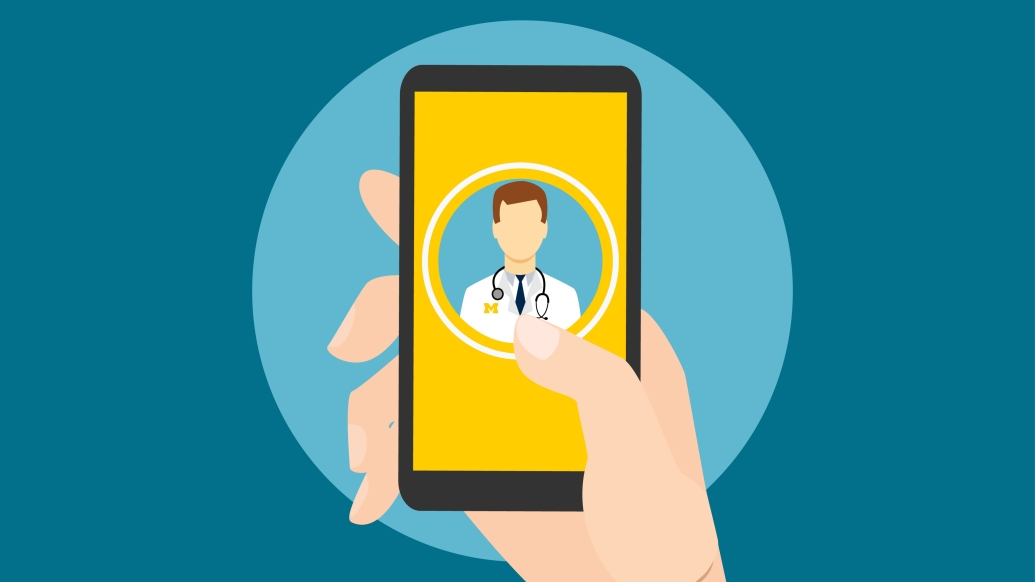
Adrenal cancer is rare, affecting around 1,000 patients per year in the United States. Because of its rarity, though, not all hospitals or doctors are experienced in identifying and treating it.
The Remote Second Opinion Program at the University of Michigan Rogel Cancer Center, which includes a multi-specialist tumor board review of medical records, radiological images and pathological specimen and/or reports, helps provide an extra layer of scrutiny.
For a $900 fee, patients diagnosed with or suspected to have adrenal cancer can send in their medical records, radiology studies and, if available, tumor tissue. After those materials are reviewed, the patient and their own doctor will be contacted by phone and may have a consultation with an expert in U-M's Multidisciplinary Endocrine Oncology Clinic.
The conversation usually takes place about one week after a case file is reviewed.
Although it is always best to see a doctor in person, the supplemental service — available to domestic and international patients — could be of particular help for those unable to travel to Michigan due to a physical ailment or financial hardship.
There are some caveats, however: The Remote Second Opinion Program has several restrictions. It isn't covered by health insurance plans, including Medicare and Medicaid, and it requires approval from the patient's current doctor.
Residents of the following states are excluded from participation due to legal reasons: California, Iowa, Louisiana, Maine, New York, North Dakota, South Carolina, Tennessee and Wyoming.
And the review process can only be utilized once; any subsequent discussions with a U-M expert must take place in person.
To learn more about the Remote Second Opinion Program for adrenal cancer, call the U-M Cancer AnswerLine at 800-865-1125 (available Monday to Friday from 8 a.m. to 5 p.m. Eastern Standard Time).

Explore a variety of healthcare news & stories by visiting the Health Lab home page for more articles.

Department of Communication at Michigan Medicine
Want top health & research news weekly? Sign up for Health Lab’s newsletters today!
